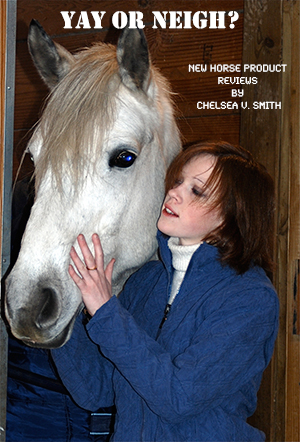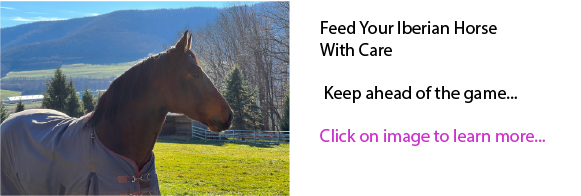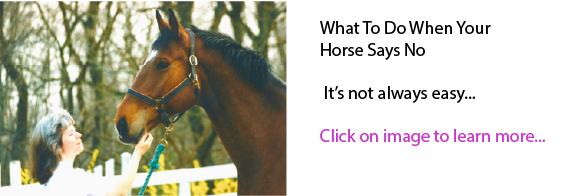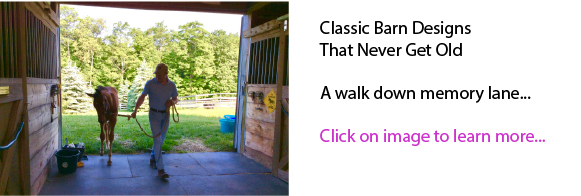Welcome to Catskill Horse.
Welcome to The Merry Band at the Catskill Horse. We hope you enjoy browsing our monthly online magazine. This .org digital magazine, began as a community resource serving the North East region of the USA, and has grown to reach a national and even international audience. The complete source for everything horse with a bevy of archived educational articles, tips and advice for multi-riding disciplines for horse owners everywhere that encompasses everything horse and rural lifestyle related.

Come join our Merry Band at the Catskill Horse. And don't forget to check in at our Facebook page.

It’s hard to imagine Spring is coming after the brutal winter temperatures and snow cover we’ve enjoyed for the past several months here on our farm in the Catskill Mountains. I can’t wait to see the green reappear and feel some sunshine on my shoulders, and I’m sure as John Denver wrote in his beautiful song, it sure will make me happy. Do horses feel the same way? I believe they do. Their activities scratching about under the snow all day for a bit of green grass must become very boring and their chubby hay bellies are going to take some work to bring back to fitness.
But it’s not a good idea to wish our lives away so let’s not do that. There’s lots we can be doing meantime and here at the Catskill Horse that means The Merry Band are putting together some new programs for your delight here at the magazine. But more on that later. Your new issue awaits, and we hope that you, our lovely reader, will delight in the contents.
First up is a look at the Carthusian/Iberian horse breed and its particular dietary needs that horse owners in the U.S. might wish to heed if they have embraced ownership of these wonderful horses. There can be a steep learning curve to figuring out any horse breed’s feeding regimes when their genetic history comes from other shores in the nutrition world, and Meredith Crawford generously shares her knowledge with us in her interview here.
Our second feature is a heartfelt piece of trainer advice from yours truly. As we build our careers in horsemanship as professionals it is easy to become arrogant or complacent. Something to guard against for sure if we are to maintain the horse as the most important entity in our partnerships with them. In this article, “What To Do When Your Horse Says No,” you will find a suggestion you perhaps might not expect to address the issue. Take a look.
And last but not least we take a visit down memory lane and discover that however far we think we’ve come in horse barn design, perhaps everything we build now is more classical in its heritage than might at first be thought. The lives of horses and humans have been intertwined for centuries, and our horse-housing solutions mirror much of the past and for good reason.
Wishing you all an early Spring, especially those that live in the colder regions of the country. I can’t wait to see those daffodils waving at us, the horses grazing the ‘pinking up’ green grass and being able to discard the heavy winter gear when working with the ‘neds’.
Don’t forget to check in at our news page for lots of horse lover information, see the winners of our monthly book contest and find new events to attend on our very popular events page.
With heartfelt gratitude to all our supporters, viewers and advertisers alike who have helped keep Catskill Horse growing this far. We look forward to many more years to come as we build this digital publication and continue to reach far and beyond New York.
If you write and would like to contribute; have news you would like to share about your organization or activities at your farm, please email info@CatskillHorse.org
Please to visit our Facebook page and keep up on current news and come join the chat at the Catskill Equestrian Group too.
Happy Riding!
Nikki Alvin-Smith
Editor
Catskill Horse Magazine
Publisher: Horse in a Kilt Media Inc.
Horse in a Kilt Media Offers Marketing Help For Horse Businesses
Episode 100 features our own Horse in a Kilt Media Inc. Nikki Alvin-Smith, offering a world of advice on marketing techniques and savvy brand building in this podcast where she appeared as a guest of Horse Radio Network alumni Helena Harris. Take a listen!
Learn More About Horse Hay
Have you ever wondered where your hay comes from? In this episode, we learn about what it takes to produce the most important component of a horse’s diet. Plus, we learn about things like how to spot a good bale when you see one, how to measure moisture content, prevent spontaneous combustion, and more. Hay farmer, Nikki Alvin-Smith from Willowview Hill Farm Dressage, brings a ton of really interesting information.
Check Out Horse Radio Network Alumni Helena Harris Podcast Stall and Stable
Listen in for advice "Keeping a Grand Prix Dressage Horse".
Catskill Horse T-Shirts & Notebooks Now Available
Catskill Horse is pleased to announce that we now have T-Shirts, mugs and notebooks with 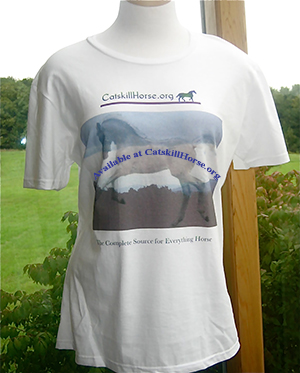 our own arty design available for purchase to help spread the word.
our own arty design available for purchase to help spread the word.
Buy any one of our products - choose from our 100% cotton T's or buy a mug or notebook.
T-Shirts are available in Womens Fitted S/M/L/Xl and Unisex S/M/L/XL/2XL for only $20 plus $6.50 S/H. If you are located in NY please add 8% sales tax.
Mugs: $12.95 plus $6.50 S/H. Please add 8% sales tax if you are located in NY.
These fun notebooks are available for $11.95 plus S/H fee of $2.00. Please also add 8% sales tax if located in NYS.
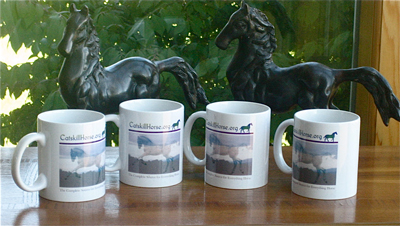
Checks should be payable to Horse in a Kilt Media Inc., and mailed to P.O. Box 404, Stamford, NY 12167. Please allow 1-2 weeks for delivery.
T-Shirts are available in Womens Fitted S/M/L/Xl and Unisex
Vaccine Risks?
Here is some advice on what to look out for as your horse is administered vaccines this season. There have been reports of some serious adverse reactions this year, so be vigilant and ask your vet for their advice and specifically what adverse vaccine reports they have received through their channels.
It’s important to be able to distinguish between minor side effects and those reactions that warrant a call to your veterinarian.
Normal Responses
After intramuscular vaccination, it’s fairly common for horses to experience mild, temporary side effects for a few hours such as:
• Local muscle soreness or swelling
• Fatigue
• Fever
• Loss of appetite
• Lack of energy or alertness
However, if the signs listed above last for more than 24 hours, you should consult your veterinarian as soon as possible to inform them of what is going on with the horse. This will allow your veterinarian to provide you with treatment advice and care instructions.
Causes for Possible Concern
Sometimes more serious side effects, and in some cases, life-threatening events, can occur, including:
• Hives
• Difficulty breathing
• Collapse
• Colic
• Swelling at the injection site several days post vaccination.
These more serious side effects are rare, but do require immediate consultation, and, in some cases, medical intervention.
Working with your veterinarian is the best way to ensure your horse is being evaluated based upon its particular needs. Many veterinarians follow the American Association of Equine Practitioners’ recommended guidelines for core vaccinations. Veterinarians can also be helpful in determining the need for other risk-based vaccinations based on an assessment of your geographic threats and travel plans. They are also familiar with the proper handling and administering of vaccines, which is important because those handled improperly can actually become ineffective or may increase the risk of side effects.
CH note: This advice comes from a leading vaccine manufacturer and is provided in excerpts.
Come chat on Facebook.
For lots of up to date news and events please fan us on facebook at www.facebook.com/CatskillHorse.
Want to chat too? Check out www.facebook.com/CatskillEquestrianGroup
Promote your event.
Have an event planned? Send us the details and we'll post it our events calendar page.
Do You Love To Write?
While Catskill Horse has a staff of professional contributing writers/reporters/photographers, Catskill Horse is always interested in receiving submissions of articles and photos for publication from new writers. We can provide a photo or authorship credit for those works accepted. Please do not submit via mail - we prefer email submission. Send your ideas/articles/wrap up features/photos to us at info@CatskillHorse.org marked attention Editorial. If accepted you will be notified via email.
Keep up to date.
Send your email address to info@CatskillHorse.org and we'll be sure to add you to our mailing list.

